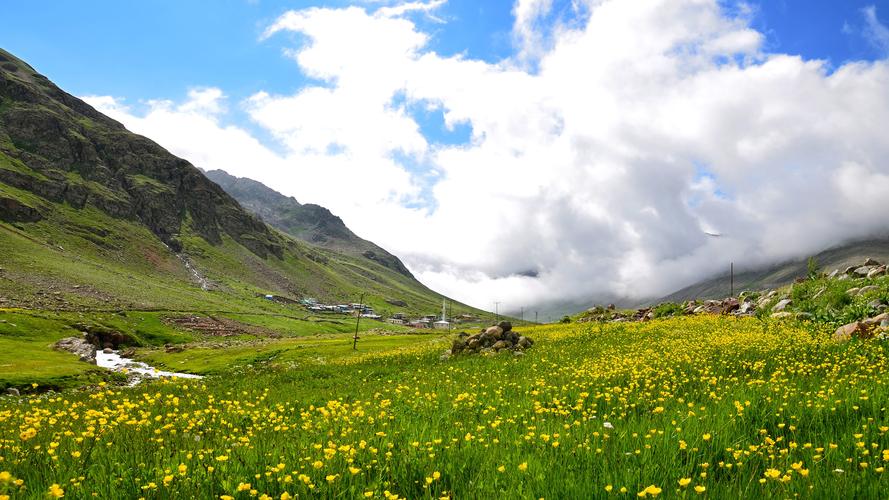Culture is a human creation that constantly evolves and adapts to a changing environment. Throughout history, we have witnessed numerous examples of cultural adaptation that have allowed societies to grow and thrive in challenging circumstances. From technological advancements to social changes, the following are five fascinating examples of cultural adaptation in history.
1. The Agricultural Revolution
The Agricultural Revolution is widely regarded as the most significant cultural adaptation in human history. Prior to this revolution, humans were reliant on hunting and gathering for sustenance and lived a nomadic lifestyle. However, the invention of agriculture allowed societies to settle in one place, grow crops, and breed animals for food. This revolution led to the development of towns, cities, and civilizations, ultimately shaping the world we live in today.
2. The Industrial Revolution
The Industrial Revolution, which began in the 18th century, was a period of significant social and economic transformation in Western Europe and North America. This revolution saw the introduction of new machinery and technologies, and it transformed the way people worked and lived. The Industrial Revolution not only created new jobs but also led to the development of new goods and services that dramatically improved people’s lives.
3. Cultural Adaptation to Climate Change
Throughout history, societies have had to adapt to changing climates and natural disasters. In the face of natural disasters such as floods, famine, and drought, societies have had to work together to develop new ways of living. For example, in ancient Egypt, people built irrigation systems to survive in a dry, arid environment. Similarly, in Japan, people developed sophisticated earthquake-proof homes in response to the frequent earthquakes in the region.
4. The Digital Revolution
The Digital Revolution, which began in the 20th century, has transformed the way we live, work, and communicate. With the invention of computers, the internet, and smartphones, people can work and communicate with others from anywhere in the world. This revolution has had a significant impact on our economy, creating new industries and jobs, and changing the way we interact with each other.
5. Cultural Adaptation to Globalization
Globalization has changed the way we consume goods and services, communicate with others, and think about the world. It has also led to the creation of new cultural adaptations, including the rise of multiculturalism. In many countries, people from all over the world live together and share their cultures. This has led to the development of new foods, music, and art that blend different cultural traditions.
Conclusion
Cultural adaptation has played a crucial role in the development of human societies throughout history. From the Agricultural Revolution to the Digital Revolution, humans have adapted and evolved to overcome challenges and take advantage of new opportunities. By working together and embracing change, societies can create new solutions to old problems and improve the quality of life for everyone.
(Note: Do you have knowledge or insights to share? Unlock new opportunities and expand your reach by joining our authors team. Click Registration to join us and share your expertise with our readers.)
Speech tips:
Please note that any statements involving politics will not be approved.
